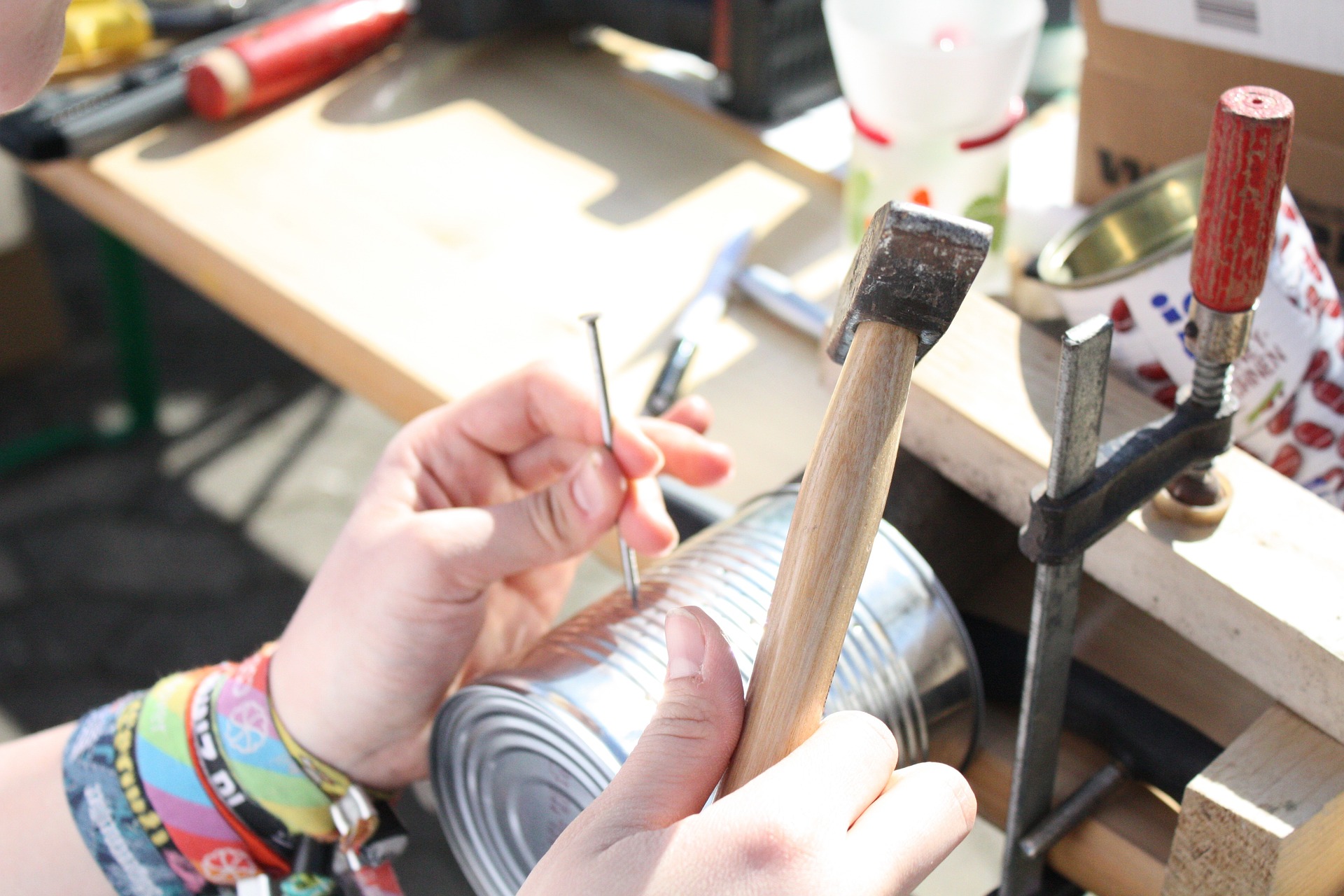Unveiling the Resurgence of Folklore in Contemporary Society
We live in a time of rapid technological advances and digital connectivity, yet there's a growing curiosity about the old, the mythical, the traditional. Folklore, a seemingly archaic concept, is experiencing a resurgence in our contemporary society. Read below to delve into this intriguing cultural shift.
Back to the Roots: The Genesis of Folklore
Folklore, derived from the term ‘folk’ meaning people and ‘lore’ meaning learning, is the traditional knowledge and customs of a community passed through generations by word of mouth. Folklore encompasses tales, sayings, customs, superstitions, music, and dance, each having a distinct cultural flavor. In the pre-industrial era, folklore was a vital part of community bonding, knowledge sharing, and preserving cultural identity. With the advent of modernization, the significance of folklore started diminishing, relegated to the background. But today, it’s making a comeback in unexpected ways.
The Modern Revival: Folklore in Today’s Culture
Today, folklore is not just about tales told by the fireside. It has permeated various aspects of popular culture, from music and literature to fashion, film, and digital media. Taylor Swift’s album ‘Folklore’ topping charts globally, the revival of traditional crafts in fashion, folk tales inspiring popular TV series and movies, and the surge of folklore communities on social media platforms, all point towards a renewed interest in folklore.
The Allure of the Ancient: Why Folklore Matters Now
Our digital age, characterized by transient trends and fleeting interactions, often leaves us craving authenticity and depth. Folklore, with its roots in tradition and community, offers a sense of continuity and connection that’s often missing in today’s fragmented society. It provides a cultural anchor, a link to our past, and a deeper understanding of our collective human experience.
Moreover, folklore isn’t just about preserving the old; it’s a dynamic process of reinterpretation and reinvention. Today’s storytellers, musicians, and artists are using folklore as a creative springboard, infusing old tales with contemporary themes and perspectives.
The Societal Implications: Folklore as a Cultural Bridge
The resurgence of folklore also holds implications for multicultural societies. As people become more interested in their roots, they become more open to exploring other cultures. This shared appreciation for folklore can act as a cultural bridge, fostering understanding and tolerance. Furthermore, folklore can serve as a tool for social change, as it often carries messages about universal human values and social norms.
The Takeaway: Embracing Our Roots, Forging Our Future
The modern revival of folklore underscores our innate need for stories, connection, and a sense of belonging. As we embrace our roots, we also pave the way for a richer, more inclusive future. As technology propels us forward, let’s not forget the power of our past, the tales of our ancestors, and the wisdom of folklore.
In the end, the resurgence of folklore isn’t just a cultural trend; it’s a testament to the enduring relevance of our shared human story, a story that continues to evolve, inspire, and connect us, no matter how modern we become.





